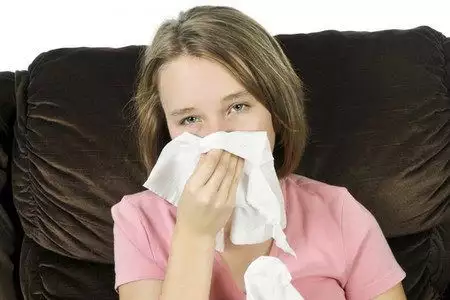Chronic diseases such as asthma and allergic rhinitis require ongoing (or at least seasonal) treatment, and this can affect a child's functioning at school and among peers.
Fighting the illness and the myths
Professor Andrzej Emeryk, on the other hand, emphasises that many misconceptions have grown up around chronic diseases such as asthma and allergic rhinitis. One of the biggest is the myth that one grows out of asthma during adolescence.
On the other hand, it is also a myth that a child with asthma should absolutely avoid physical exercise. A big problem - not only in Poland - is the abuse of exemptions from physical education classes by parents. Physical exercise has a beneficial effect on health and fitness. Asthma, for example, has not prevented many athletes from becoming world champions. Therefore, a child with asthma should exercise, of course following the recommendations for the course and treatment of the disease.
Many Poles also do not know that desensitisation (or immunotherapy) is a way to significantly reduce the risk of allergic asthma. This is the only effective allergy treatment that acts on the cause of the allergy, rather than just temporarily relieving symptoms. In allergic patients, it prevents the development of asthma and the occurrence of new allergies.

photo ojoimages
For young patients, a modern, non-invasive method of desensitisation is recommended - sublingual vaccines administered in drops or tablets. Scientific studies in recent years confirm the high effectiveness of sublingual vaccines in the treatment of allergic rhinitis and in some asthmatic patients. The vaccine in drops administered sublingually has been used worldwide for many years. Sublingual tablets are the latest method of desensitisation and are becoming one of the important routes for allergen immunotherapy.
The sublingual vaccine has another important advantage in the context of treating children - its use is not associated with the stress that injectable vaccines can cause. The patient administers the vaccine himself at home, in contact with an allergologist who supervises the treatment.









